

In recent years, the field of medicine has started exploring new paradigms that extend beyond the traditional view of the body as a purely mechanical system. One revolutionary perspective is the quantum theory of medicine. It suggests that health and healing are not solely biochemical processes but are also deeply influenced by the energetic concepts from quantum physics.
This article explores how quantum theory integrates into medical practice, from energy-based diagnostics to consciousness-driven healing techniques and the growing role of quantum biology in understanding disease. As research continues to evolve, applying quantum properties in healing could transform our approach to health, offering a more holistic and interconnected understanding of the human body.
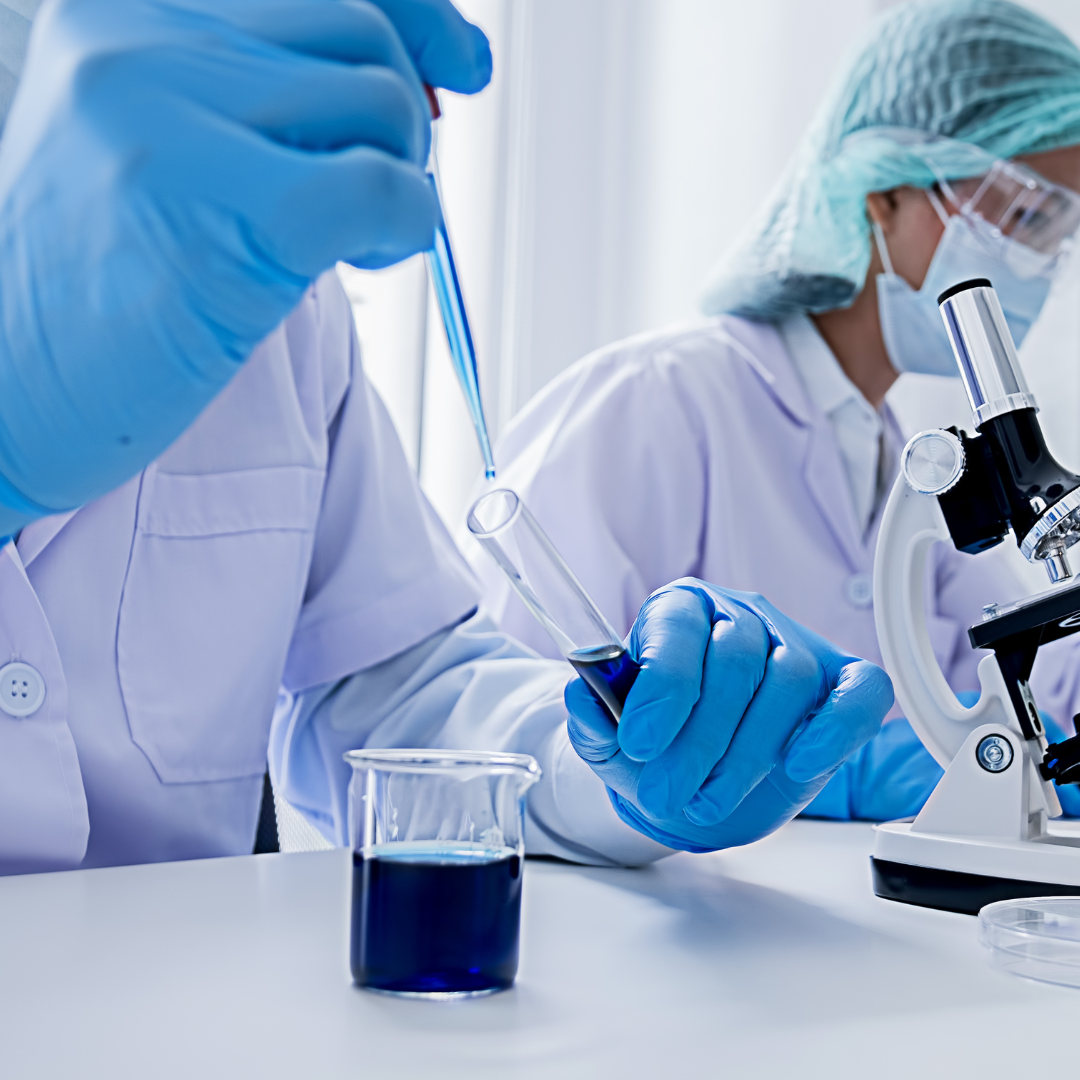
Quantum physics is the study of the smallest particles in the universe—particles that make up everything around us, including our bodies. Unlike classical physics, which deals with the macroscopic world (things we can see and touch), quantum physics explores the behavior of particles at the atomic and subatomic levels.
Let’s take a look at some principles of quantum physics that could potentially apply to health.
According to the discontinuity principle, particles can leap from one energy level to another without physically traversing the space between them. This sudden shift can facilitate powerful change, such as an altered state of consciousness or rooting out an unhealthy state.
Epigenetics shows that environmental factors—such as stress, diet, and thoughts—can influence gene expression. Quantum theory extends this by suggesting that consciousness and energy fields could also play a role in shaping biological outcomes at a genetic level.
If the mind or energy can influence quantum states, this could lead to changes in gene expression, potentially explaining why certain thoughts, emotions, or energy therapies can affect health on a molecular level. Quantum theory thus supports the idea that we’re not just passive victims of our genetics but active participants in shaping our health through consciousness, intention, and energy.
When particles become entangled, the state of one particle is directly related to the state of another, no matter how far apart they are. This phenomenon suggests a deep interconnection between particles, hinting at a universal web of energy and the possibility of distance healing.
In the context of the body, quantum entanglement may provide a mechanism for instantaneous communication between cells, organs, or systems that appear far removed from each other. Some researchers speculate that quantum entanglement might explain how the body maintains coherence and synchrony in complex processes like healing, where multiple systems must coordinate rapidly. This aligns with holistic medical approaches, which emphasize treating the whole body rather than isolated parts.
Quantum superposition allows particles to exist in multiple states at once until they are observed—creating a realm of potentialities before a definitive outcome is chosen. In health, this principle could imply that the body has multiple potential states at any given time, with the “state” of health being influenced by observation, i.e. consciousness, intention, or belief.
In practice, this concept suggests that the mind can influence physical health by shifting between potential outcomes, much like quantum particles. Superposition is seen in placebo effects, where belief in healing can lead to actual physiological changes, and in practices like visualization, which aim to “collapse” the body into a healthier state.
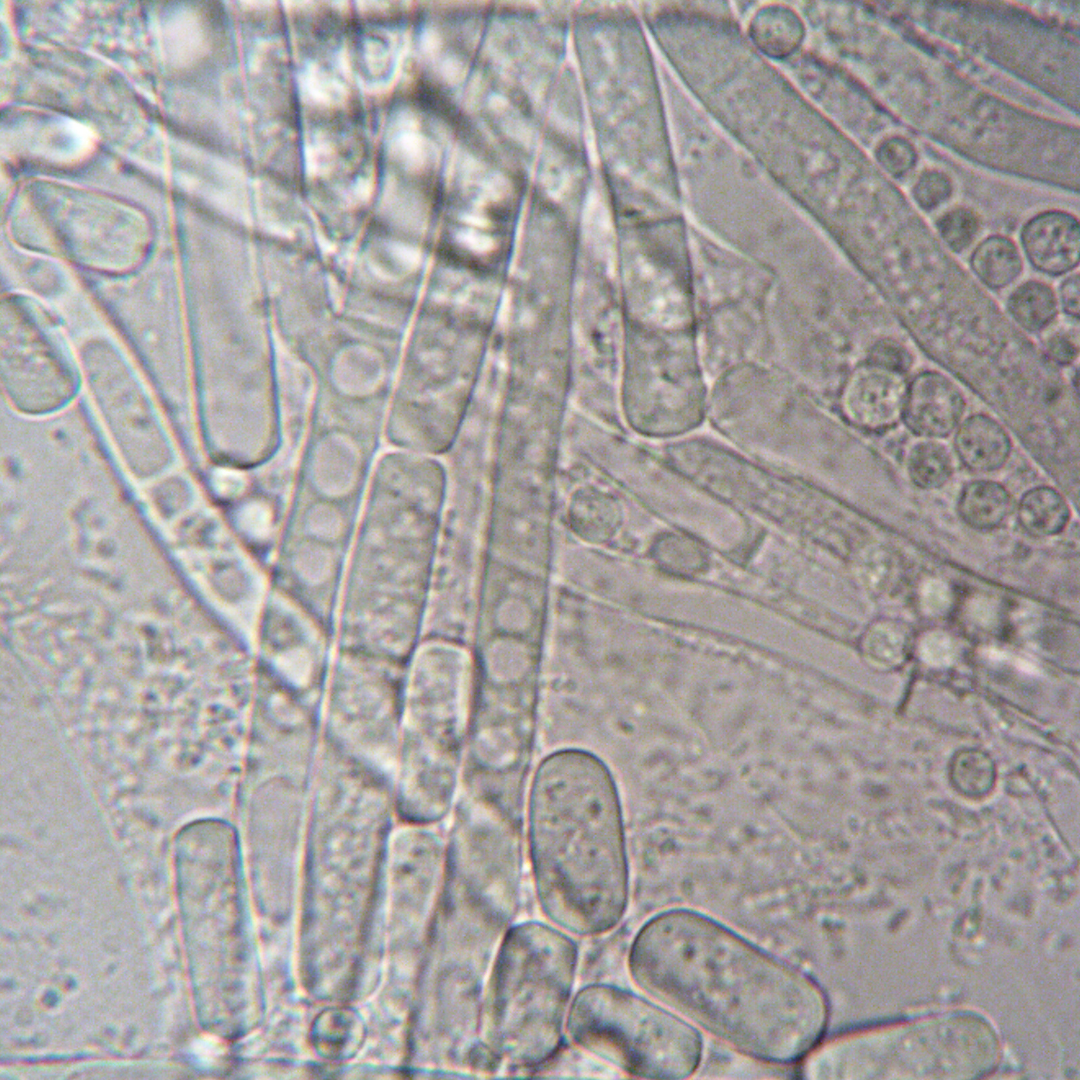

Particles, such as electrons and photons, exhibit both wave-like and particle-like properties. This duality suggests that the very nature of reality can change based on how we observe it.
In conventional medicine, the body is typically viewed as a collection of physical structures (organs, tissues, cells). In the quantum view, the body is also seen as an energy system, where disruptions in energy flow or vibrational imbalances could contribute to illness. Practices like acupuncture, Reiki, and energy healing tap into this energetic perspective, suggesting that health is about harmonizing the body’s energy fields, which aligns with wave-particle duality.
The act of observation can influence the outcome of a quantum event. This principle suggests that consciousness may play a crucial role in shaping reality. This principle is a cornerstone of quantum healing, where techniques like meditation, mindfulness, and positive visualization are used to actively shape health outcomes.
Meditation and mindfulness leverage this by cultivating a state of awareness that promotes healing from within. This idea also aligns with psychosomatic medicine, which acknowledges that mental states can significantly affect physical health.
Quantum field theory, which is a framework of theoretical physics, states that particles are excited states of the fields they’re part of. The idea of underlying fields is crucial to quantum physics and can help us better understand the biofield.
The biofield is an energy field that permeates the human body and links it to the quantum energy field. Manipulating this biofield to improve the body’s energy flows is fundamental to many energy healing modalities, including quantum healing.
Quantum coherence refers to the alignment of quantum particles. In a state of coherence, particles are in harmony and work together as a complete system.
In biological systems, coherence may describe how cells, organs, and systems work together in perfect synchronization to maintain health. Disease, from this perspective, could result from a loss of coherence or harmony within the body’s energy fields. Therapies that restore this coherence, such as sound therapy, are based on the idea that health is a state of perfect quantum coherence.
Quantum tunneling is a process where particles “tunnel” through energy barriers that, according to classical physics, they shouldn’t be able to pass. Some research in quantum biology suggests that quantum tunneling may play a role in cellular processes like enzyme function and DNA replication.
What does this mean? Biological processes might be influenced by quantum mechanics, indicating a deep quantum layer in human physiology. Quantum medicine theories suggest that understanding these quantum processes could lead to new ways of influencing health and healing at a cellular or even subatomic level.
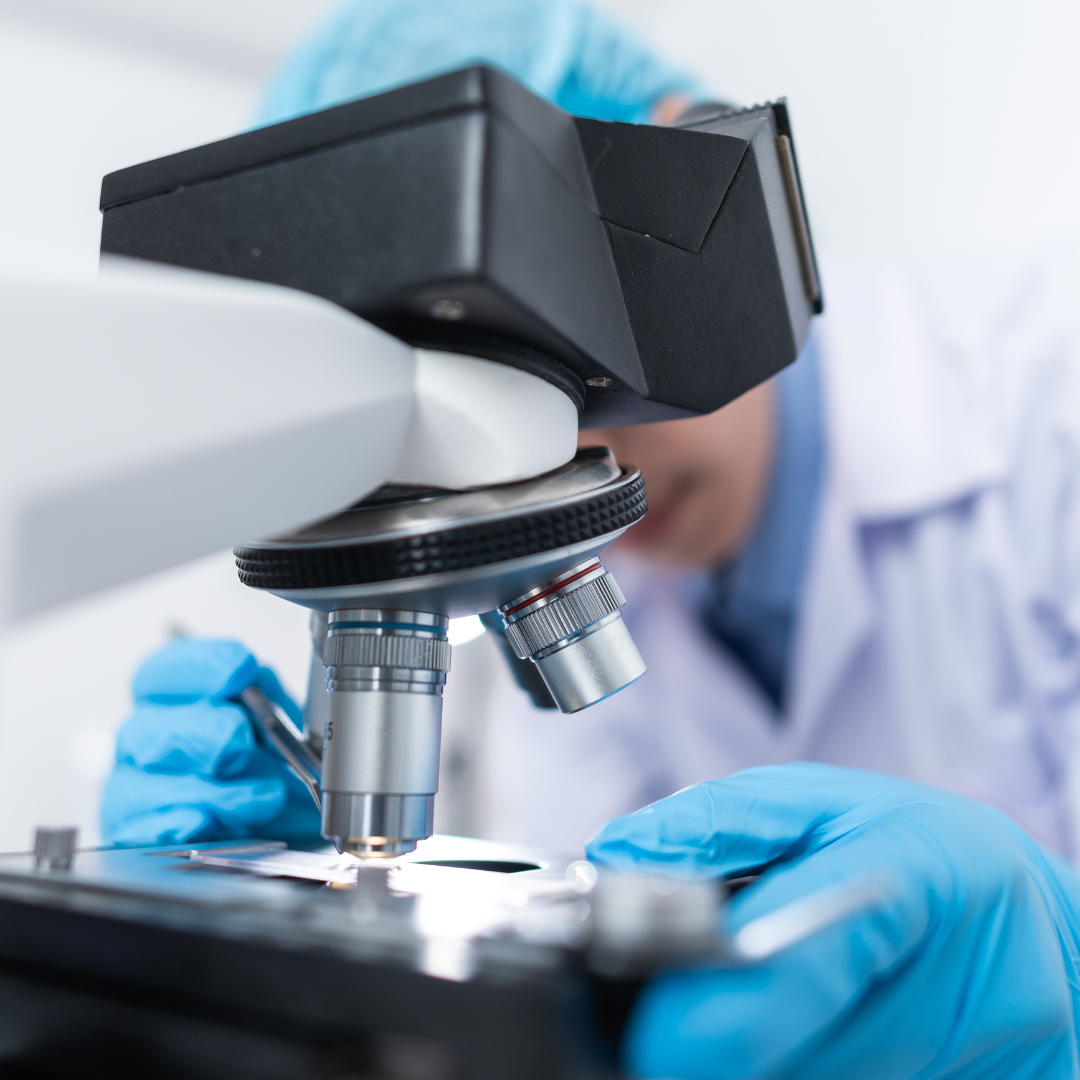

A quantum theory of medicine challenges traditional views of health by emphasizing that the body is not merely a mechanical system governed by classical biology but also an energetic and informational system influenced by quantum mechanics. Here’s how quantum theory integrates into medical practice:
Quantum healing is a concept that intersects with several other fields of science, not just quantum physics. Blending traditional and alternative approaches can help promote better health and healing. Let’s look at 10 fields that coincide with quantum healing.
Neuroscience studies the brain and nervous system, including how thoughts, emotions, and consciousness affect the body. Quantum healing often references the brain’s role in influencing physical health through intention, belief, and the mind-body connection. Research in neuroplasticity—the brain’s ability to rewire itself—supports the idea that mental states can bring about physical changes, a concept aligned with quantum healing principles.
Psychology, particularly fields like positive psychology and cognitive-behavioral therapy (CBT), explores how thoughts, emotions, and beliefs influence behavior and well-being. The placebo effect, where belief in a treatment can lead to real physiological changes, is a psychological phenomenon often cited in discussions of quantum healing. Understanding how mental states impact physical health is central to both psychology and quantum healing.
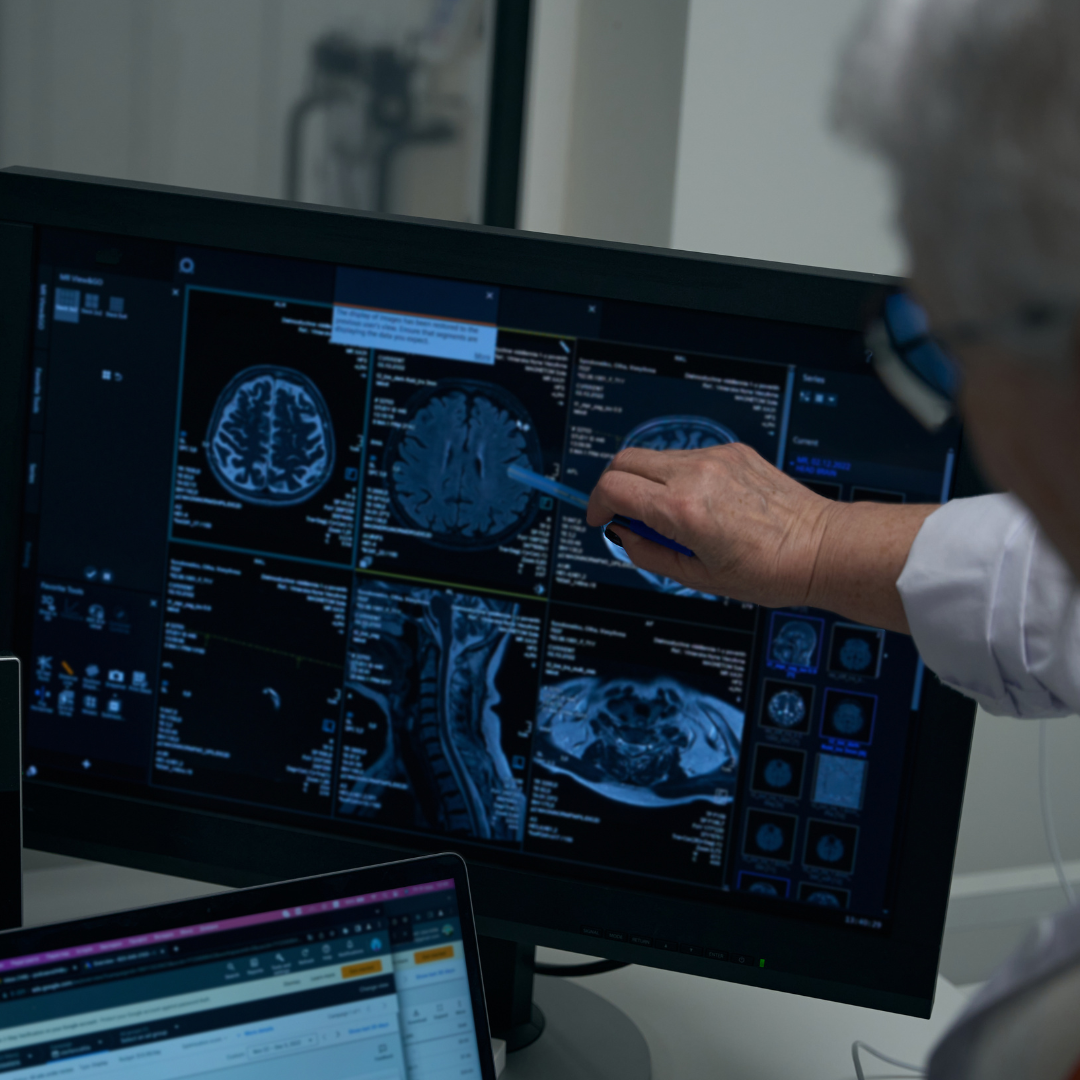

Biophysics combines biological processes with physical principles, exploring how physical forces and energy fields interact with living organisms. This field underpins much of the scientific inquiry into bioenergetics, the study of energy flow and energy transformation in biological systems. Quantum healing often draws on biophysical concepts to explain how energy-based therapies might influence the body’s healing processes.
Holistic medicine looks at the whole person—mind, body, and spirit—in the context of health and healing. It incorporates elements of various disciplines, including traditional Chinese medicine, Ayurveda, and naturopathy. These systems often include energy-based concepts of health that resonate with quantum healing, which also emphasizes the interconnectedness of all aspects of a person’s being.
Integrative medicine blends conventional medicine with complementary and alternative therapies, taking into account the quantum aspects of healing like energy fields and the mind-body connection. This approach often includes acupuncture, meditation, yoga, and other practices that aim to harmonize the body’s energy systems.
Biofeedback and neurofeedback involve using technology to monitor and control physiological functions such as heart rate, muscle tension, and brainwave patterns. These practices can help individuals learn to influence their bodily functions through conscious control, aligning with quantum healing principles that emphasize the power of the mind in shaping physical reality.
Consciousness studies explore the nature of consciousness and its relationship to the physical world. This interdisciplinary field draws from philosophy, psychology, neuroscience, and quantum physics. Quantum healing says that consciousness plays a vital role in health and healing, a concept that is central to this field of study.
Energy medicine focuses on the belief that healing can be facilitated by manipulating the body’s energy fields. It includes practices like Reiki, therapeutic touch, and acupuncture. These practices align closely with quantum healing, which considers health as a state of balanced energy within the body.

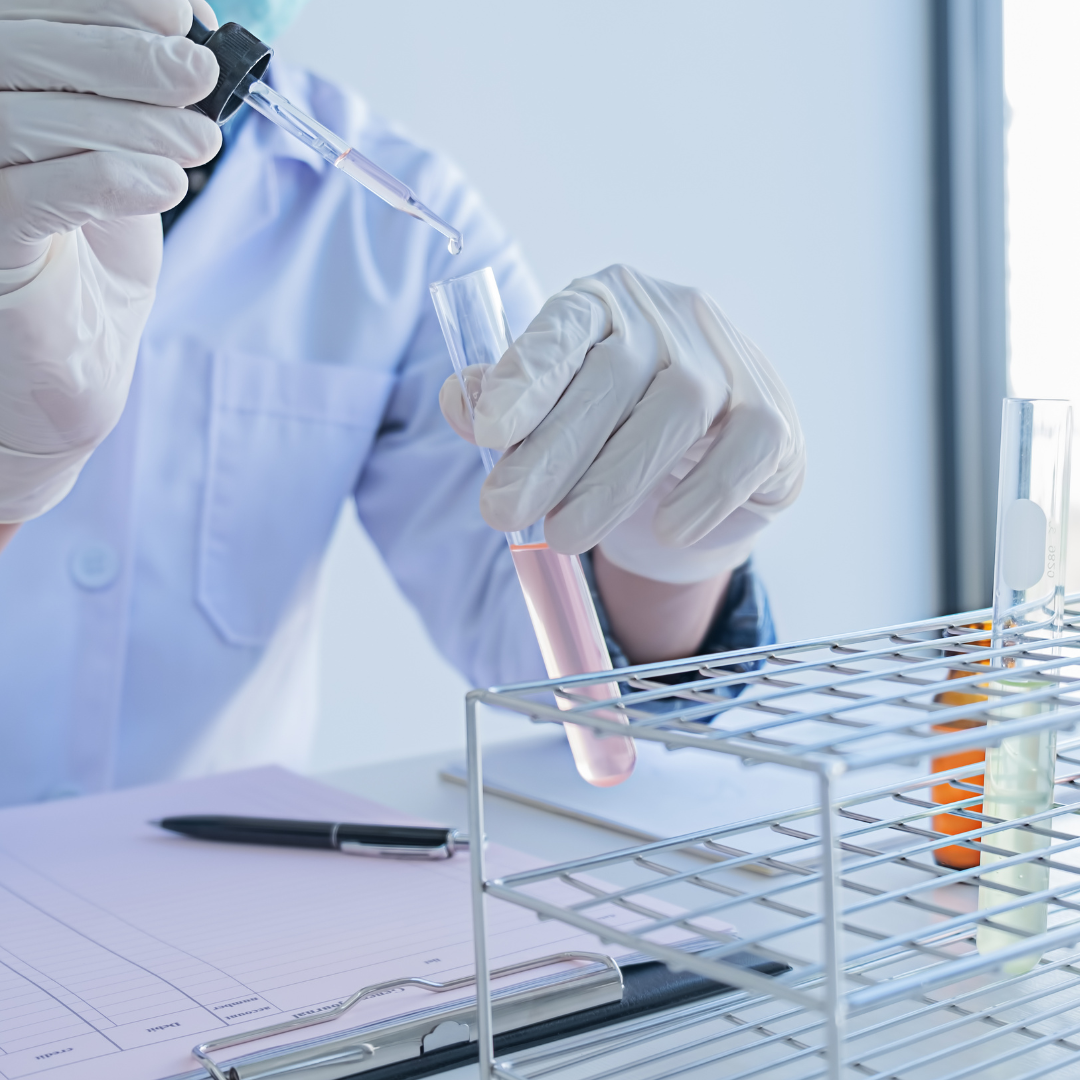
Systems biology is an approach that looks at the complex interactions within biological systems. It recognizes that the body operates as an interconnected network, rather than a collection of isolated parts. Quantum healing similarly emphasizes the interconnectedness of mind, body, and spirit, suggesting that health is the result of a balanced and harmonious system.
Quantum biology is an emerging field that applies quantum mechanics to biological processes. It explores phenomena like photosynthesis, enzyme function, and even consciousness through the lens of quantum physics. This field provides a scientific foundation for some of the claims made in quantum healing, such as the role of quantum processes in cellular communication and the influence of consciousness on health.
Exploring quantum properties in healing is an exciting and transformative approach to health. It challenges the limitations of traditional biomedical models by viewing the body as both an energetic and informational system influenced by quantum processes.
Leela Quantum Tech taps into quantum energy to produce a holistic collection of products that can improve cell protection, support the rest cycle, encourage balance in your nutrition system, boost resilience, and reduce stress. Explore products like the Infinity Bloc or H.E.A.L.® Capsule to launch your quantum wellness journey.
This theory opens the door to a more holistic understanding of well-being. It invites us to see health not just as the absence of disease but as a state of coherence and balance at the deepest levels of our being. By embracing this quantum shift, we have the potential to unlock new healing possibilities, empowering individuals to actively participate in their own well-being in ways that transcend the limits of traditional medicine.
Share